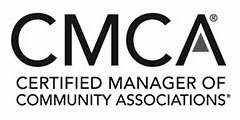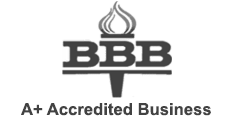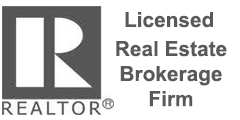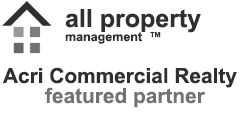How successful is your fining structure at your community?
Is your association fining structure causing more strife than compliance? Are you chasing the same offender on a regular basis? Sometimes enforcing fines becomes a no-win cycle that takes up way to much of directors time and consumes far too much energy. Being a Board Member is already a thankless position, there’s no need to add to it.
Today were are going to share some very easy ways to turn that offender into a defender. (Read this article about reasonable rules here.)
4 Tips to Turn FINE Into Fine Again
1. COMMUNICATION IS KEY
– Often times fining is not really necessary. Mail out the rules on a regular basis. A good time is to send them with budgets. Or better yet, if you have a community website, post the rules prominently on the member’s page. Whenever changes occur to make sure all are aware of the recent updates. Sending out an email blast directing owners to view the documents on the portal is an inexpensive way to get the word out.
2. BE REASONABLE
– The punishment must be equal to the crime. Fines aren’t supposed to be a punishment but a reasonable approximation of the harm done to the association. Excessive fines are easy to beat in small claims court. Has there been a change in circumstance in an owner’s life? Take into consideration health and life issues that may cause someone to not remain compliant.
3. HAVE A CONVERSATION
– Try to speak to the offender to discover why issues have arisen. Reasonable discourse between neighbors can solve many issues before that fine letter gets sent. Pursue fining when a person is blatantly ignoring rules.
4. TAKE LEGAL ACTION
– When fines are not working at all, the next step is to consider taking legal action. Not upholding the rules can lead to others in the community to not respect measures in effect. Make sure the cost to litigate is less to implement than the fine itself. Check to see if your governing documents have provisions that permit you to collect fines and recover legal costs, investigate what is permitted before you start the process. Most importantly, use an attorney that is skilled in HOA law to lead the undertaking.
Rinaldo Acri says, “It is always best to get voluntary rules compliance. However, that doesn’t always happen.”
Not upholding the rules often leads to others in the community choosing to not abide. It is a fine line to travel so ask your management company to help you develop an actionable plan.








